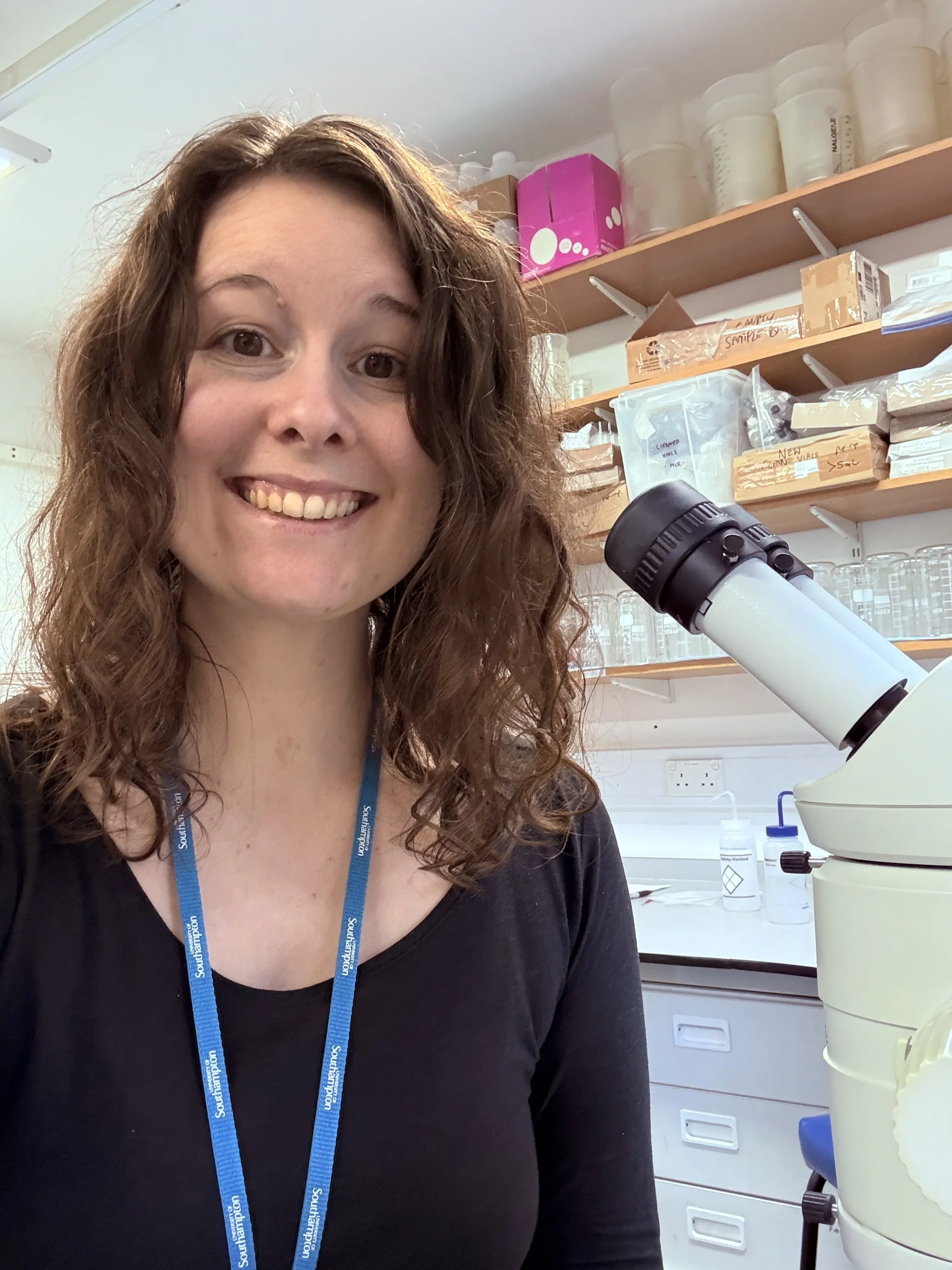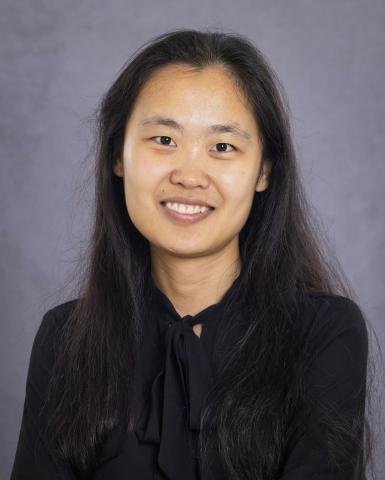Conference Themes
ICP15 will take in a wide range of palaeoclimate topics, presented by researchers at the cutting edge of their fields. We have organised the conference into the five themes listed below. Speakers in each theme are being carefully chosen and curated by our Science Committee, and will be announced soon.
1. Biogeochemistry and Climate
This theme invites contributions ranging from the development of biogeochemical tools and models to their application in reconstructing the state of the ocean and marine ecosystems under different climate conditions and their response to climate related changes over time. Some areas in this theme may include, but are not restricted to, contributions that discuss multi-proxy approaches to reconstructions or data-model comparison and integration to better understand past Earth System processes and interactions; contributions to understand feedbacks and drivers of past biogeochemical cycles; application of biogeochemical models including those relevant to understanding past changes in ocean acidification, deoxygenation or the functioning of the biological pump; contributions that illustrate current challenges, limitations and potential areas for future development and applications are also encouraged.
Meet the speakers…
2. Ocean-Climate Dynamics
This theme will cover aspects of ocean-climate dynamics, including ocean circulation changes and their interactions with elements of the wider climate system. Timescales can range from sub-decadal to multimillennial (orbital) or even longer. Contributions can include proxy-based reconstructions and model-based investigations and can focus on global or regional processes. We welcome new innovations in paleo-ocean/climate analysis, including ongoing challenges within proxy and model-based approaches.
Meet the speakers…
3. Palaeomonsoon - Monsoon Dynamics
Monsoons are among the most significant weather phenomena and climate systems on Earth, profoundly impacting both the natural environment and human societies. The dance between wind and precipitation have been vital to the development, sustenance, and even collapse of civilizations throughout history. Despite considerable progress in understanding the history and evolution of monsoon subsystems over the past few decades, critical questions remain unanswered. For instance, how are monsoon systems coupled or decoupled, and how do they interact with regional and global climate dynamics? These complexities challenge our understanding of the feedbacks between monsoons and other components of the climate system. This research theme invites studies on past monsoonal changes, integrating evidence from both continental and marine archives across all major monsoon subsystems—Asian, African, Australian-Indonesian, and North and South American monsoons—spanning diverse timescales, from tectonic and orbital to millennial, centennial, decadal, and seasonal. Contributions using modeling approaches and simulations are also encouraged, as they help bridge the gap between past variability and future projections. By unraveling the dynamics of past monsoonal systems, this theme aims to improve predictions of their behavior in a warming world.
Meet the speakers…
4. Past Climate state reconstructions from proxies and models
Obtaining a global overview of past climate states is a major challenge for paleoceanography, because our proxy records, in particular those tied to surface climate and biogeochemistry, are typically primarily representative of local conditions. However, progress can be made through compilation of records from multiple sites, through exploring relationships between single sites and global metrics, through modelling approaches, or through model-data integration. In this session we will hear about recent work targeted at obtaining this global overview, of both climate states and of climate and oceanographic mechanisms.
Meet the speakers…
5. Innovation / Novel Approaches in Palaeoceanography and Palaeoclimatology
This theme will focus on recent progress in the development and refinement of palaeoclimate archives, data assimilation and models. What are the new and exciting tools in palaeoclimatology? How are existing tools being applied in new and interesting ways? What advances in our understanding of proxies have the potential to improve our interrogation of past climates? This theme aims to attract considerations of novel combinations or hitherto unused proxies to reconstruct past oceanographic states and climates. Submissions could focus on topics across the fields of palaeoceanography and palaeoclimatology, from reconstructions of regional/global temperature and atmospheric CO2 to the marine oxygen and carbon budget; microenvironmental conditions and fluxes to water column and sedimentary redox-processes; trace metal/nutrient cycling to water mass tracers; novel palaeo data-assimilation and modelling techniques, and beyond. We particularly encourage contributions of studies focusing on potentially novel combination of established proxies or the development of new technical approaches.
Meet the speakers…
Perspective Lectures
Our theme-specific talks will be augmented by five ‘perspective’ lectures throughout the conference. These are from more established scientists, who may have spoken at ICP before, and are intended to provide a broader view of palaeoceanography and its place in modern science, and span the themes running throughout the conference.
































